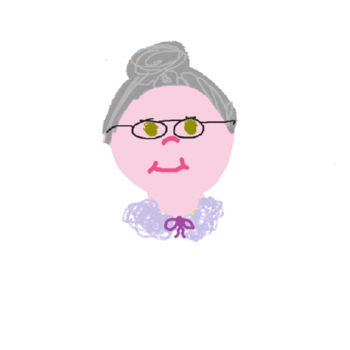Question #21306
1 Answer
A sentence fragment is a group of words that is not a complete sentence, not a complete thought.
A clause is a group of words with a subject and a verb. A clause may be a dependent clause or an independent clause.
A phrase is a group of words working as a unit to form part of a sentence or a clause. A phrase may function as any part of a sentence (a subject, a verb, an object, a modifier).
Explanation:
Example sentence fragments:
"Not a complete sentence." "Not a complete thought."
- These fragments have no subject and have no verb. Just because it starts with a capital and ends with a period, does not make it a sentence.
"When the weather gets hot."
- This fragment has a subject and a verb but is not a complete thought. To form a complete sentence, it needs more:
"When the weather gets hot, we like to go swimming."
Note: An exception to the "subject + verb" requirement is an imperative sentence. In an imperative sentence, the subject is implied, for example: "Stop!" or "Clean your room." The implied subject is "you". These imperative sentences are complete thoughts.
There are two types of clauses:
An independent clause is a complete thought. It can be part of a sentence or it can be the complete sentence. Example:
"We like to go swimming."
A dependent clause has a subject and a verb but is not a complete thought and is dependent on an independent clause to be a complete sentence. Example:
"When the weather gets hot..."
More example clauses:
"The show that I like..." (dependent clause)
"This is the show." (independent clause, a complete sentence)
"This is the show that I like," (independent clause + dependent clause)
Example phrases:
"The four o'clock train is late." (noun phrase, subject of the sentence)
"I always take the four o'clock train." (noun phrase, direct object of the verb "take")
"We should go now." (verb phrase, auxiliary verb + main verb)
Mary was helping her mother. (verb phrase, auxiliary verb + main verb)
The boy with the dog is my brother. (prepositional phrase, preposition + object of the preposition)
My brother is the boy in the striped shirt. (prepositional phrase, preposition + object of the preposition)
Note: There are several more types of phrases. You can find more information here: http://www.chompchomp.com/terms/phrase.htm

